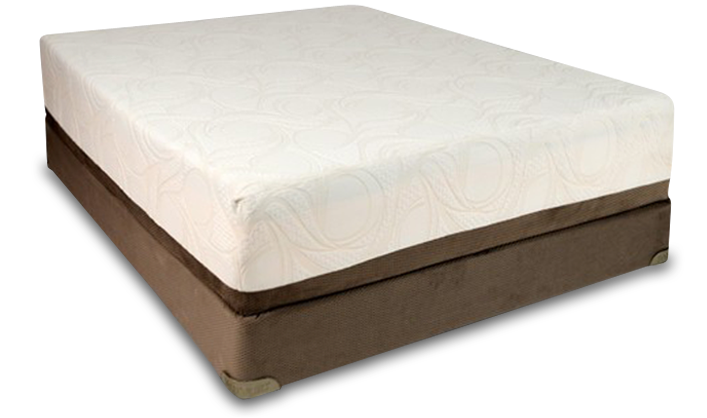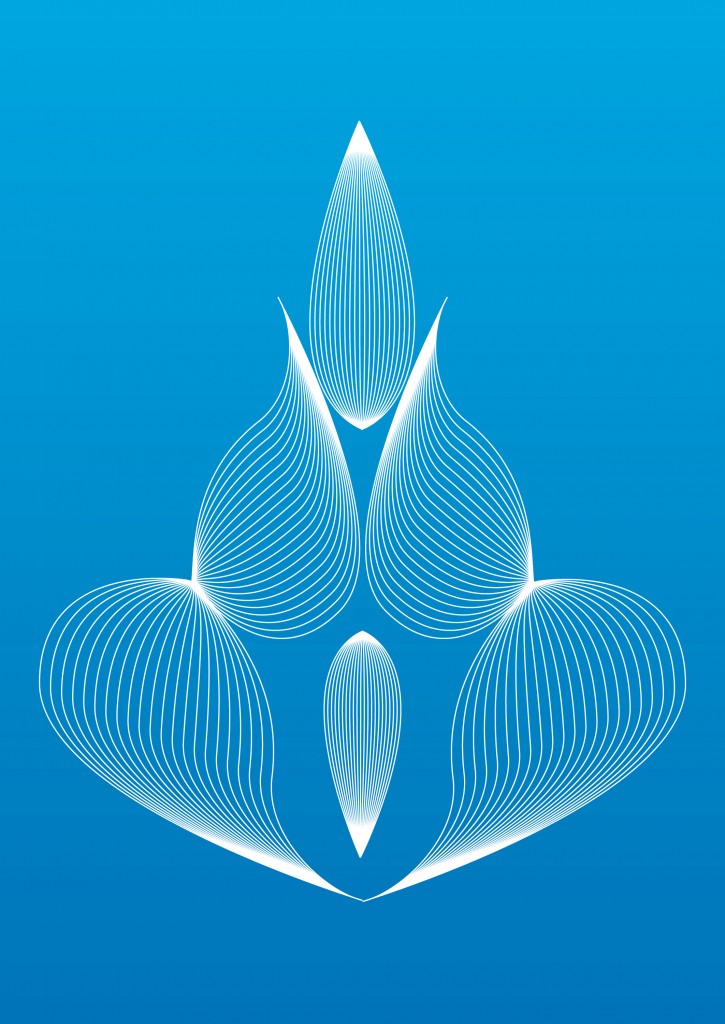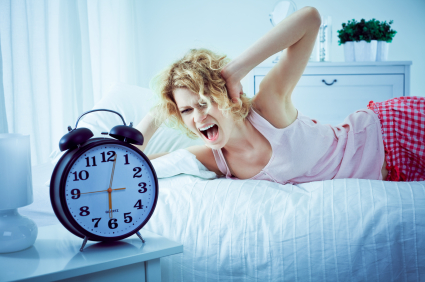Can you massage your way to sleep?
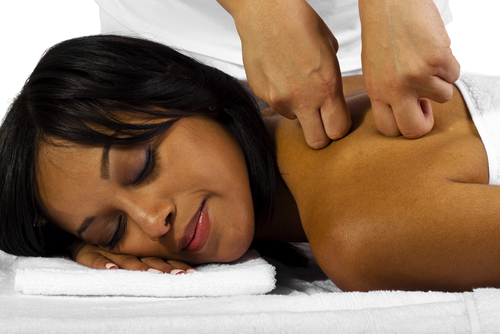 Insomnia! Yes, folks, it’s that time of the year when I raise the sleep issue. In fact, if I could, I would see your zzz’s and raise you a few. You see, I’ve not been sleeping much as of late and I’m desperately seeking a sheep or two to carry me deeply through the night.
Insomnia! Yes, folks, it’s that time of the year when I raise the sleep issue. In fact, if I could, I would see your zzz’s and raise you a few. You see, I’ve not been sleeping much as of late and I’m desperately seeking a sheep or two to carry me deeply through the night.
What happens to us as we age that interrupts the sleep cycle? In addition to stress and other environmental factors (which I’ve covered quite frequently on Flashfree), a progressive decline in estrogen and loss of ovarian function can strongly affect sleep. However, experts say that despite the pervasiveness of sleep issues among peri- and post-menopausal women, insomnia is not always adequately discussed or diagnosed by health practitioners. Hence, it behooves women to lead the communication charge when sleep disorders arise or start to affect daily life.
If you would prefer to avoid the hormone route (which, at the very least, may address the issue of menopausal symptoms and sleep disruption), massage might be a good starting point. While some practitioners questions its therapeutic value from a scientific standpoint, massage is known to positively activate blood flow in the lymphatic system (whose primary role is to rid the body of toxins, waste and other unwanted materials), as well as in the connective tissue and muscles. Studies have also shown that massage helps trigger neurochemical reactions in the body, including relaxation, decreased heart rate and breathing and restoration of balance. With regard to menopause specifically, there are some data that suggest that therapeutic massage decreases self-reported insomnia and improve deep sleep cycles. In a similar study, this time with a comparison group, researchers likewise found declines in insomnia and related improvement in life quality. Not surprisingly, in both of these studies, women also reported experiencing improvements in mood.
So, can you massage your way to sleep? While cause and effect remain unproven, the benefits of massage well outweigh the lack of benefits. I don’t know a single person who have not felt better after a massage. Me? I may need to book some me time for a deep rub.
Read More
Does your mattress act as a tonic for rest?
When it comes to sleep, which of the following are most important to you?
- Great sheets
- A perfect pillow
- A dark room
- A light room
- No sound
- Sound
- Temperature
- Mattress
I’ve always gravitated toward a great mattress, a dark room and no sound. However, I’ve noticed of late that perimenopause is making me hot, really hot at really inconvenient times. So I was intrigued when I saw an image on my Facebook stream a few weeks ago posted by a friend who works as a brand engineer for Restonic Mattress Corporation. Granted, I haven’t a clue if a brand engineer is the same as a branding expert what I do know is that sleep is critical and that the claims about the mattress appeared to address some of my recent concerns considering sleep, or lack thereof.
The new Restonic mattress is made of memory foam and my impression is that memory foam is ‘hot,’ too hot for individuals who tend to run hot as a rule. And yet, the TempaGel® is being touted as being especially temperature friendly. The specs point out that the memory foam closest to the surface is ‘gel-infused’ which serves to wick heat away from the body, thereby reducing temperature fluctuations. And, it claims to incorporate a technology (Outlast®, used by NASA as well as other brands, that keeps the the bed temperature-neutral. The bed’s core is pre-compressed, which allows it to improve air circulation, again with the goal of reducing temperature fluctations. Moreover, the edge of the mattress is ventilated, which theoretically increases its sleepable surface (although I don’t know many ‘edge’ sleepers).
The general price point of Restonic mattresses appears comparable to other sleep brands that offer higher end mattresses however, I don’t know the exact price for the TempaGel. And while I have never been particularly interested in memory foam for a sleep surface, I’m intrigued.
As you are probably aware, sleep issues are pervasive as we age and in women, as they go through menopause. And, whether its stress or hot flashes or a medical condition, the result — less than 6 to 8 hours of uninterrupted sleep — can greatly interfere with daily functioning, mood and physical health.
What are you doing to reverse your sleep woes? How important is your mattress? And what are you sleeping on? More importantly, are you sleep habits fueling or cooling your inner and outer furnaces? Inquiring minds…
Read MoreSleep and the ‘pause: valerian and lemon balm?
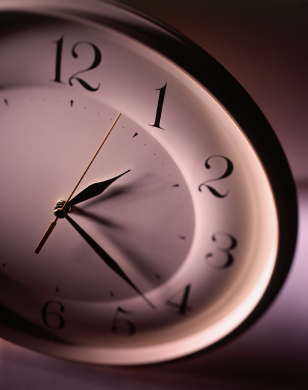 Here’s a sobering thought: by the year 2030, over one billion women worldwide will be affected by menopausal symptoms, and that number is projected to increase by 47 million women annually. Sleep issues, namely disruption in sleep patterns caused by hormones, stress, hot flashes, night sweats and aches and pains affect roughly 81% to 83% of women in menopause. Of these, more than half report insomnia.
Here’s a sobering thought: by the year 2030, over one billion women worldwide will be affected by menopausal symptoms, and that number is projected to increase by 47 million women annually. Sleep issues, namely disruption in sleep patterns caused by hormones, stress, hot flashes, night sweats and aches and pains affect roughly 81% to 83% of women in menopause. Of these, more than half report insomnia.
If you do the math, the sleep issue suddenly becomes very, very big!
Short of going the prescription route, there are a variety of strategies that reportedly help. You can read about some of those here. And, I’m happy to add one more: valerian/lemon balm.
Valerian is an herb used in variety of forms since the time of Ancient Greece. Its use in insomnia was first reported in the second century and it was even used during WWII to alleviate stress during air raids. Today, it is widely used for stress and sleep issues. While few adverse effects are associated with valerian, it may interact with benzodiazepines (e.g. xanax), barbituates or drugs that suppress the central nervous system (morphine, propofol); caution is also advised if you are taking St. John’s Wort, kava and melatonin.
Lemon balm also has a long history in traditional medicine, and as long ago as the middle ages, was used to combat stress and anxiety, promote sleep and calm nerves. While it is relatively benign, experts say that caution should be used if you are also taking sedatives or thyroid medications, or antiretroviral agents.
A few safety issues aside, the combination of the two is potentially explosive! According to new study findings, a combination — 160 mg valerian/80 mg lemon balm — in capsule form significantly improved sleep quality, patterns of sleep and sleep duration in women experiencing menopause symptoms by as much as 36%. In fact, over a month one month period, these improvements were as much as 28% higher than findings in women taking placebo capsules. What’s more, the amount of valerian used in the capsule was more than two- to four-fold lower than doses traditionally used in sleep studies demonstrating significant sleep quality improvements; this speaks to the addition of lemon balm. Additionally, the benefits appear to occur without side effects; no adverse effects were reported.
Sleep and the ‘pause….valerian and lemon balm might just do the trick!
Read MoreWednesday Bubble: Newsflash – sleep and skin aging
Whoa! I have some news to share this week and it’s not good for those of us who struggle nightly with their sleep. Poor sleep has been linked to premature skin aging and an overall reduced skin health.
In what is being billed as a ‘first of its kind,’ University Hospitals Case Medical Center (Cleveland, OH), explain that their study (which was presented this past April at the International Dermatology Meeting in Edinburgh) evaluated 60 women between the ages of 30 and 49 (who, by the way, were premenopausal) who had been surveyed about their sleep quality using a scientific index. About half of the women reported having poor sleep quality and sleeping five hours or less a night.
Additionally, the researchers evaluated participants’ skin aging in terms of physiological factors (e.g. diminished collagen) and external factors (e.g. UV rays, smoking) that might contribute to skin aging, as well as assessing how well the skin was functioning to keep out damaging substances and maintain moisture.
Finally, the women were asked to maintain a sleep log for a week.
The findings are quite startling. Women who were classified as poor sleepers showed significant signs of aging that are associated with intrinsic (physiological) factors, including fine lines, uneven pigmentation, slackening and reduced elasticity. On the other hand, good sleepers appeared to have half of the signs of aging as their colleagues, and they also recovered more efficiently from factors that stress the skin, such as recovery from sunburn and inflammation. And, skin function was about 30% more efficient in good quality sleepers compared to poor sleepers; for example, they had better recovery from moisture loss tests.
The primary take away from these data, which appears in abstract form in the Journal of Investigative Dermatology, is that poor sleep may accelerate skin aging and hinder or weaken the ability of the skin to repair itself. The key to better skin aging? Get more zzzs!
Read More
Sleep and mindfulness
Up to 63% of women are affected with sleep issues, in particular insomnia, during and after menopause. It’s no wonder that I can’t stop writing about sleep. And, while there are numerous hypotheses as to why insomnia, i.e. difficulty falling asleep or staying asleep more than three times a week (or, not having refreshing sleep just as frequently) affects women during the ‘pause more than at other times in their lives, relief appears to be more than a few zzz’s away.
Can mindfulness-based interventions help?
Research suggests that by focusing on our mental and physical state of mind when experiencing insomnia, we can then learn how to shift mental processes to achieve a better balance. This is exactly what meditation does; increasing attentiveness and focus has been shown to alleviate stress and promote wellbeing.
When researchers compared the degree of attentiveness, alertness, determination and concentration between women with and without insomnia, they found that that women with insomnia appeared to report having less mindfulness, were less attentive when performing tasks or eating. Moreover, the degree of mindfulness or lack thereof did not appear to be affected by mood or by menopausal symptoms, factors that could also affect sleep.
Ultimately, the path towards better sleep may be paved with the ability to improve mindfulness, to actively engage and gain control over cognitive resources that we aren’t even aware we are using. At its most basic level, it simply means that meditation may help make to improve awareness over our perceptions so that we can increase our ability to respond to events with a broad range of options, instead of giving in to the storm of thoughts and emotions.
Increasingly, I am finding myself drawn towards a meditation practice. Do you meditate? What types of benefits have you noticed?
Read MoreSleep and menopause – going ‘pausal
When was the last time you got a full night’s sleep? A full 8, glorious hours of zzz’s?
Bet you can’t remember.
When was the last time you went ‘pausal™?
Bet you can remember!
It seems that I can’t stop writing about sleep on Flashfree. Additionally, it appears that I continue to write about depression. And the link; it’s more common than you may imagine.
Let me break it down for you: not only does a third of the population have sleep problems, but, by the time midlife and menopause come along, it’s not out of the range of probabilities that women alone comprise that third. Okay, I exaggerate but I am sure that you can understand where I’m going here.
A number of factors affect sleep, including marital status, general health, lack of exercise and caffeine and alcohol. However, according to a recent study in Sleep Medicine, psychological factors rank amongst the highest. In fact, when researchers assessed self-reported information from almost 150,000 women enrolled in the famous Women’s Health Study, they found that the better that women felt in terms of emotional wellbeing and calmness, the better their sleep. On the flip side? Of all the factors potentially associated with the reverse, i.e., severe sleep disruption, the biggest culprits were:
- feeling restless during the day
- depression or poor emotional wellbeing
- general symptoms of feeling poorly (bloating, clumsiness, stomach issues, dizziness, back pain, nausea)
Moreover, these factors did not need to reach the level where they would have been associated with established psychiatric disease. And, they were most closely associated with wakening earlier than expected and then trying to fall back asleep.
Depression is fairly common in midlife, with as many as 40% of women who are in menopause going through some sort of blue period. Anger and hostility, and the inability to express both, can also contribute to depressive symptoms, as can discontent and resentment. This menopausal rage appears to affect many women and may be related to hormonal shifts, especially in perimenopause when imbalances and extremes occur. The key appears to be finding ways to reinstate balance, both inward and outward, which means working through hormone issues and personal issues with a licensed health professional or professionals while also maintaining regular physical activity and surrounding oneself with things that help boost an overall sense of wellbeing.
If you look at the list above, the largest culprits in general insomnia appear to be controllable. Start keeping regular tabs on the following:
- Am I constantly feeling angry?
- What appears to ‘set me off?’
- Do I feel blue?
- Do I feel as though my life is out of control?
- Am I feeling achy, sick, blah most of the time?
- Am I falling asleep and awakening? How often am I able to get back to sleep
- How’s my diet? My physical activity?
It can be difficult to discern the forest from the trees when you are caught up in the daily grind and the emotional rollercoaster of life. Add hormones to the mix and it’s a veritable ‘going pausal™’ waiting to happen. However, take comfort in knowing that you are not alone and there ARE solutions. You simply need to find the best ones for you. Start small and aim big. You may stop counting sheep and dreaming about them again before you know it.
Read More





